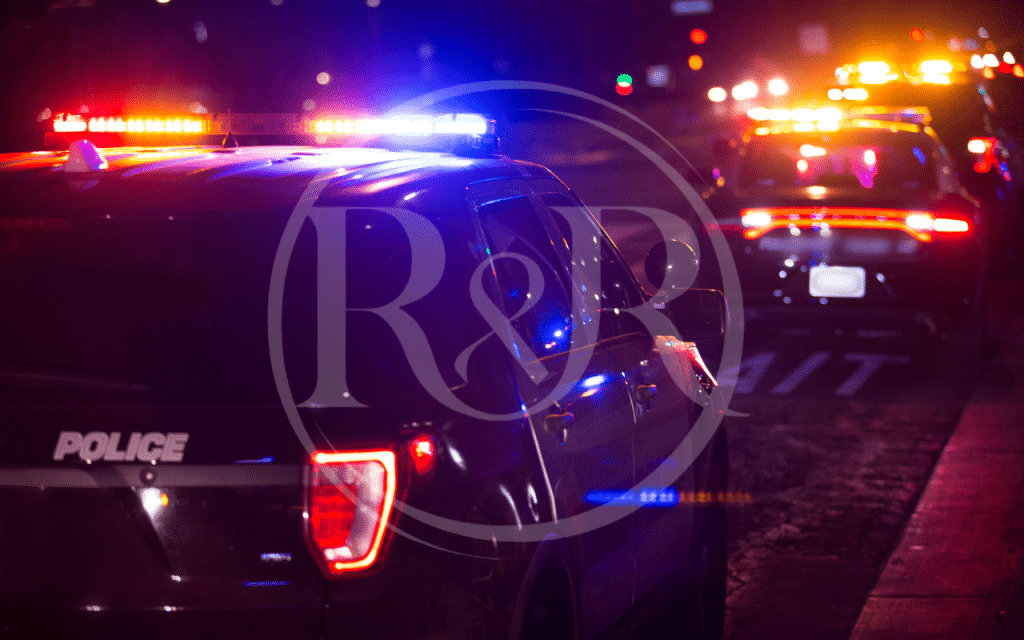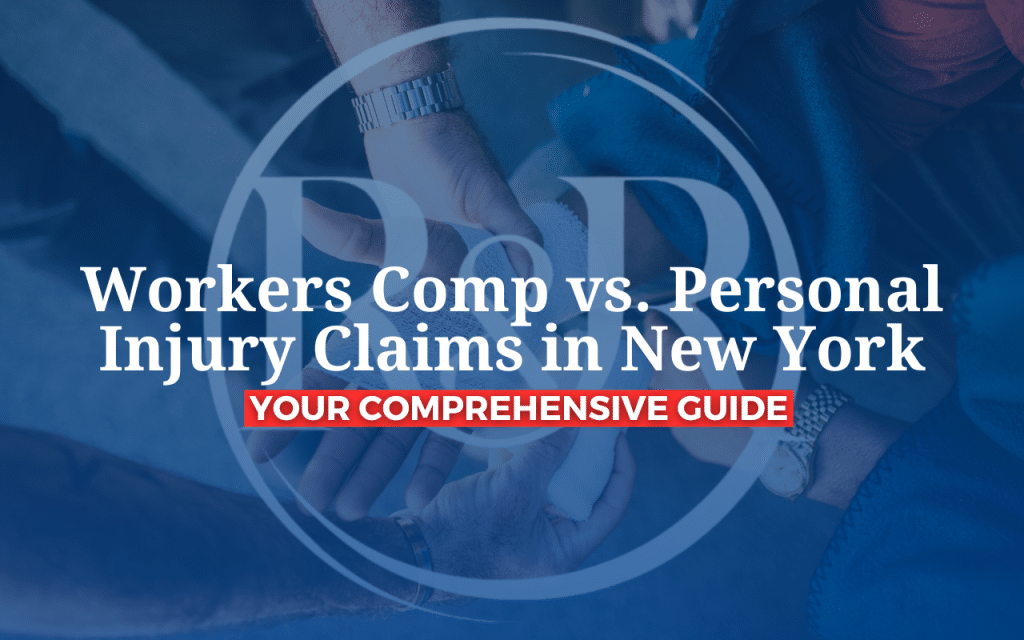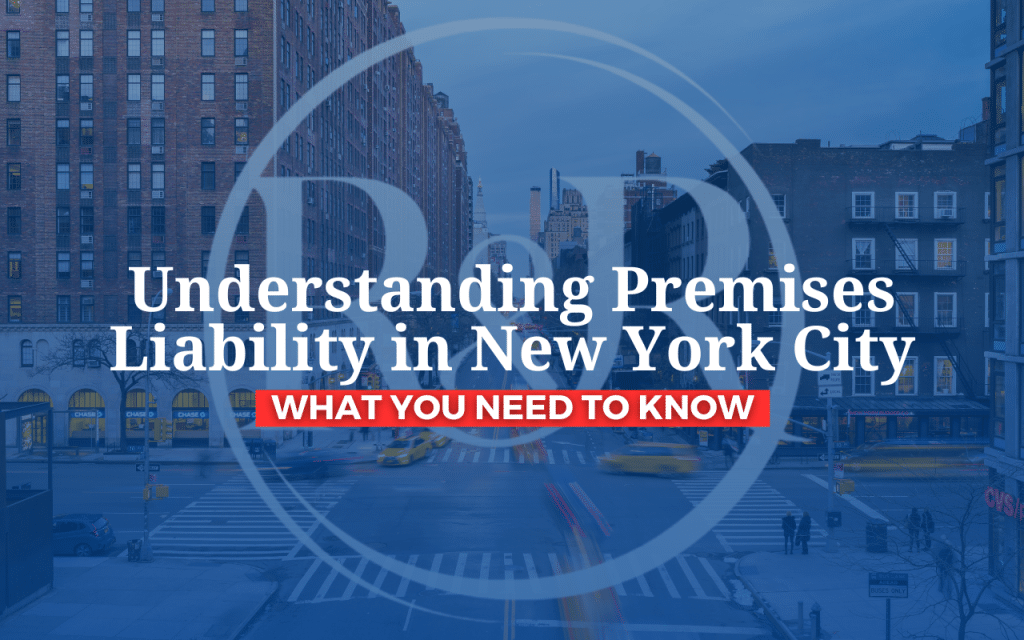If you’ve been injured due to the negligence of a government entity in New York—such as a municipal vehicle accident, unsafe road condition, or subway platform incident—filing a Notice of Claim is your first essential legal step. This document is mandatory before you can move forward with a lawsuit. At Rosenberg & Rodriguez, our attorneys understand the critical deadlines and specific procedures involved in claims against government agencies, and we’re here to guide you through every step of the process.
In this guide, you’ll learn:
- What a Notice of Claim is and when it’s required
- Deadlines and timing specifics
- The key components it must include
- How to serve it correctly
- What happens next—filing suit and pursuing compensation
- How our local experience can help strengthen your case
What Is a Notice of Claim?
A Notice of Claim is a formal written notification that alerts a government agency you intend to hold them responsible for damages due to their negligence. In New York, it is a prerequisite for filing a civil lawsuit against the city, state, public transit agencies like the MTA, or other governmental bodies.
This isn’t optional—without serving the Notice properly within the required timeframe, courts will likely dismiss your claim, regardless of its merits.
When Is It Required?
You must file a Notice of Claim in any case involving:
- Injuries caused by government vehicle accidents (e.g., police car, sanitation truck)
- Accidents resulting from unsafe public infrastructure like road defects or poor street lighting
- Subway or bus accidents due to negligence of transit authorities
- Slip and fall incidents on public property or at government facilities
Notably, personal injury claims against private individuals or businesses do not require a Notice of Claim, only cases involving government entities.
Critical Deadlines You Must Know
- Within 90 days of the incident—this is a firm deadline. Missing it can result in losing your right to sue.
- If the claim involves a municipal agency, the deadline also applies.
- For state agencies, the timeframe may be similar, but always check specific rules, as some state-related claims may require shorter or additional notices.
Because of this short window, consulting a law firm like Rosenberg & Rodriguez immediately ensures you meet these deadlines effectively.
What Must the Notice Contain?
Your Notice of Claim must include:
- Your name and contact information, and those of your attorney, if you have one.
- Date, location, and nature of the incident (e.g., collision with a DOT truck at flatbush and church ave).
- A concise statement of what happened, including the government entity involved.
- A description of your injuries and losses sustained.
- An estimate of damages—this doesn’t need to be exhaustive but should reflect general impact.
- The corporate name or full legal name of the agency (e.g., “City of New York – Department of Transportation”).
Missing details or inaccuracies can provide grounds for dismissal without your case being heard.
Serving the Notice of Claim
Correctly serving the Notice is just as crucial as meeting the deadline. Steps typically include:
- Obtaining the proper address for the government entity’s legal or claims office.
- Delivering in person or via certified mail—follow exact agency rules.
- Retaining proof of service, such as a signed receipt, required by court.
We’ll help with drafting, ensuring proper delivery, and keeping a record should the agency challenge service details.
Taking the Next Step: Filing the Lawsuit
Once the Notice of Claim is served, you’re not immediately filing a lawsuit. You must wait at least 30 days unless:
- The agency responds by offering a fair settlement, in which case you may resolve the case without suit.
- No settlement is offered, or the offer is inadequate, and the agency rejects liability.
At that point, we file a formal Article 78 or personal injury lawsuit. Acting promptly positions your case better for recovery.
Why Rosenberg & Rodriguez in Bed-Stuy, Bushwick, Flatbush, and Beyond
Our NYC law firm’s deep roots across Brooklyn neighborhoods like Bedford-Stuyvesant, Bushwick, Flatbush, and Canarsie, give us a significant advantage in government liability cases. We understand:
- Local government protocols
- Court filing nuances in Queens, NYC, and nearby counties
- How borough-specific infrastructure failures cause accidents
For instance, if you were injured by falling debris from a city building or during scheduled street maintenance, filing a Notice correctly and rebuilding your case with evidence and local insights can help secure fair compensation.
Penalties for Missing the Deadline
Missing the 90-day window often results in dismissal with prejudice—meaning you lose your right to pursue compensation entirely. Even minor or technical errors in the Notice or service may form grounds for dismissal.
Avoid this risk by:
- Acting immediately after your injury
- Consulting Rosenberg & Rodriguez to draft and serve the document correctly
- Verifying service via documented receipt
Compensation You May Recover
Once your lawsuit proceeds, you may recover damages including:
- Medical bills (past and future)
- Lost wages and reduced earning capacity
- Pain and suffering
- Property damage
- Wrongful death damages, if applicable
Gov’t claims often involve higher limits and specific caps, so working with experienced attorneys ensures your claim is calculated accurately for the best possible outcome.
Summary: Filing a Notice of Claim in New York—What You Need to Know
| Step | Action |
|---|---|
| 1 | Identify if agency is liable, such as transit authority or municipal department |
| 2 | File Notice within 90 days – include detailed claims and proof of injury |
| 3 | Serve properly—keep documentation of delivery |
| 4 | Wait 30 days for response or settlement offer |
| 5 | File lawsuit promptly if settlement fails |
| 6 | Seek legal guidance at every step to avoid dismissal risks |
Contact Rosenberg & Rodriguez for Help Now
Don’t let technicalities derail your right to compensation. If you’ve been injured due to government negligence—on a city bus, sidewalk, subway, or road—Rosenberg & Rodriguez is ready to act now. Call us at (718) 509-4960 or fill out our contact form to arrange a free consultation. Let us guide you through this process correctly, so your claim is heard—not dismissed.




